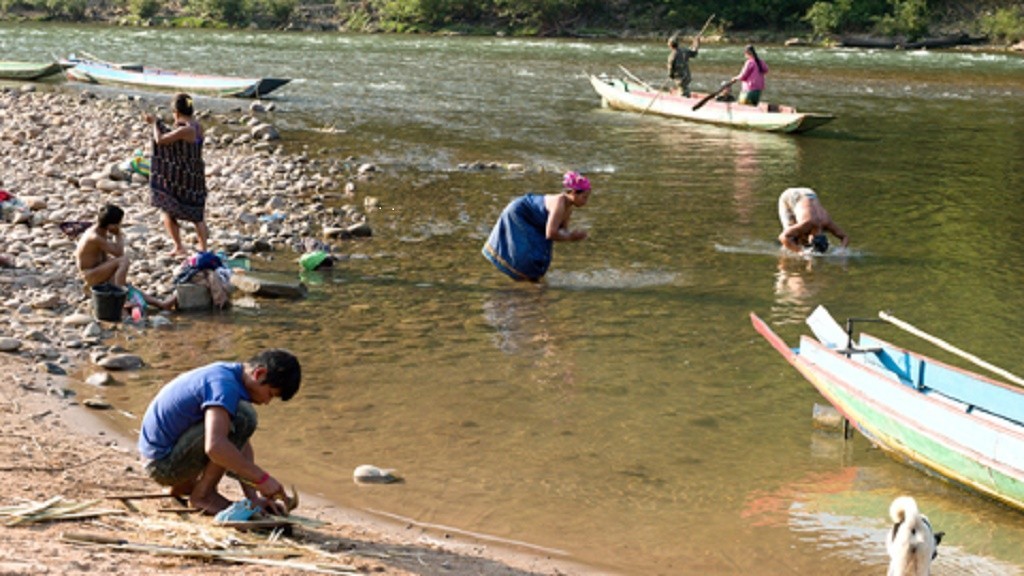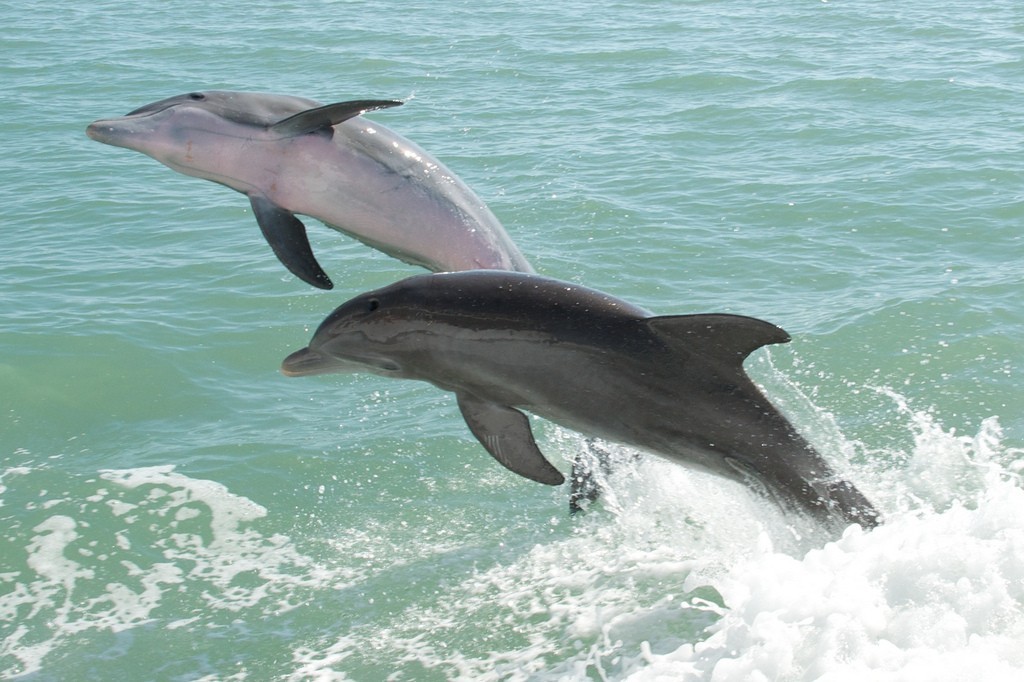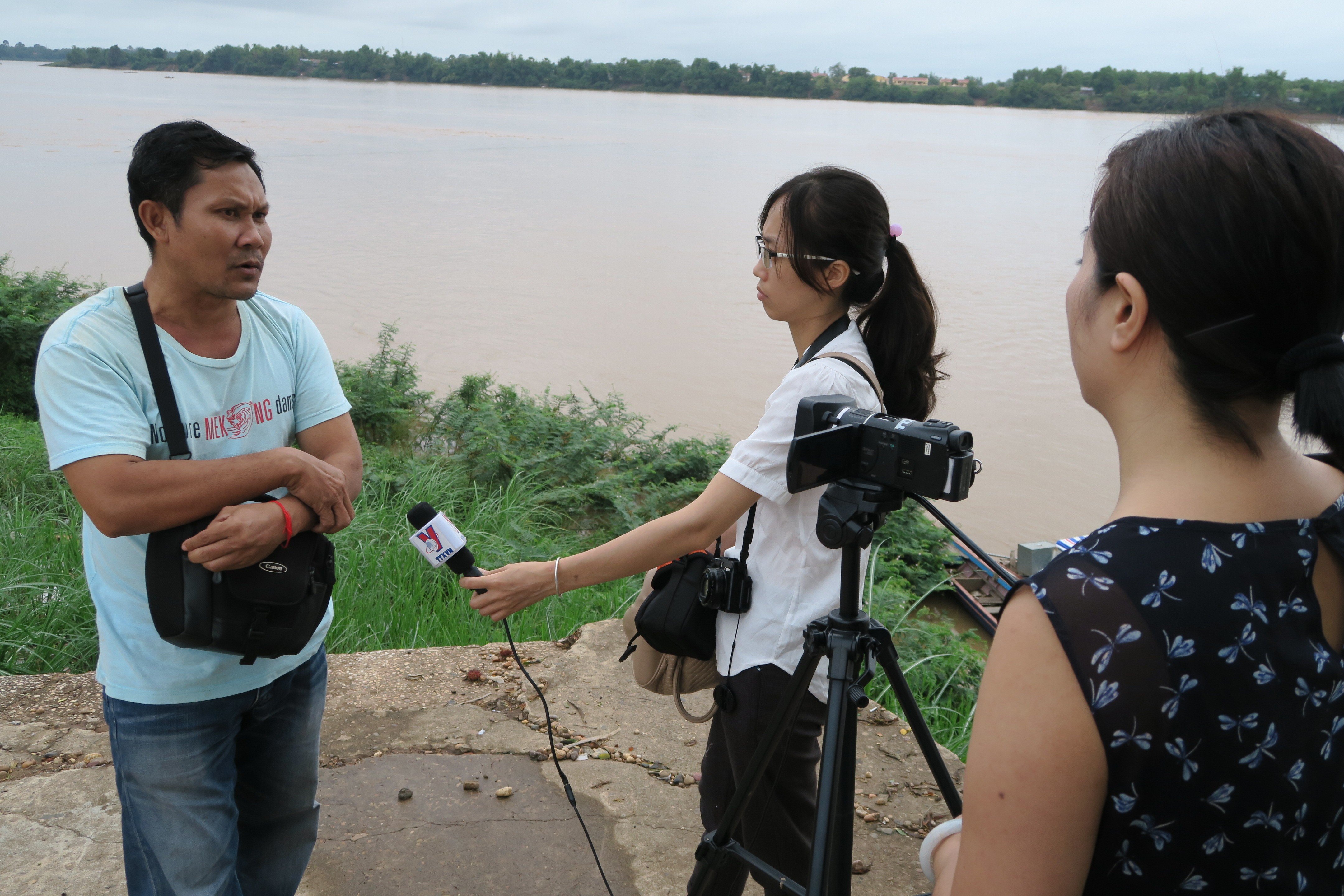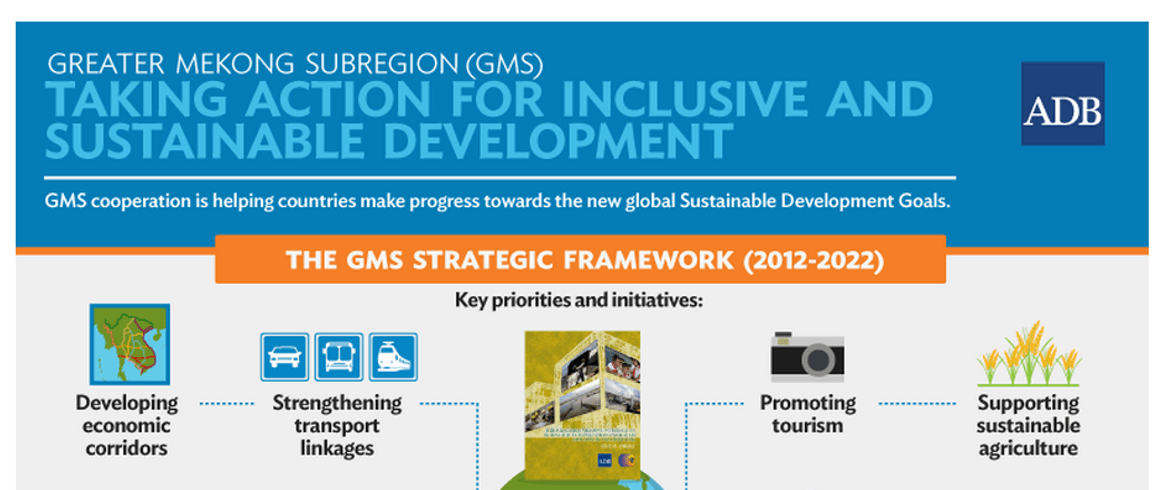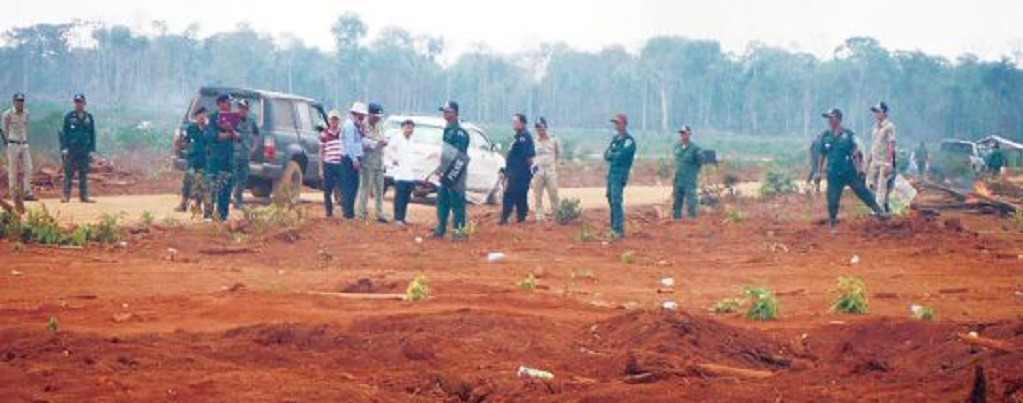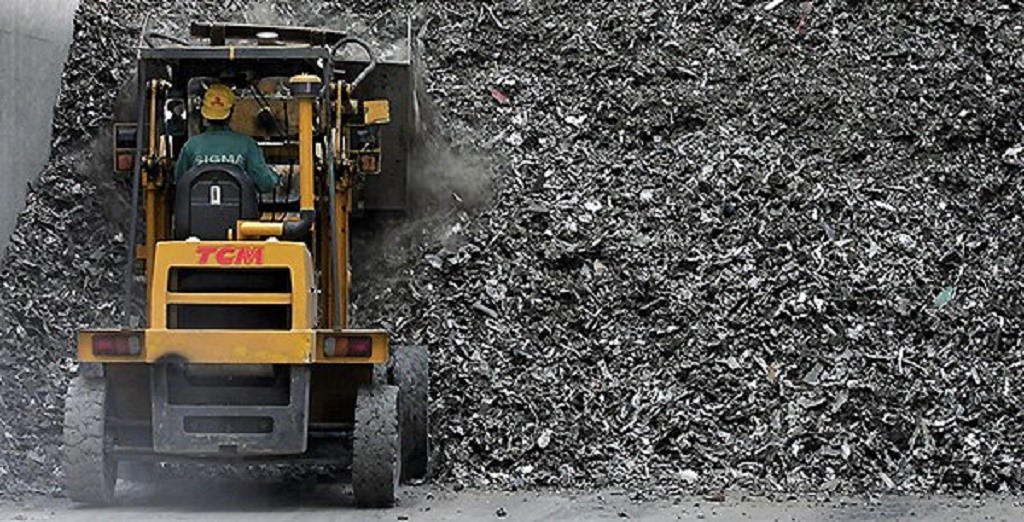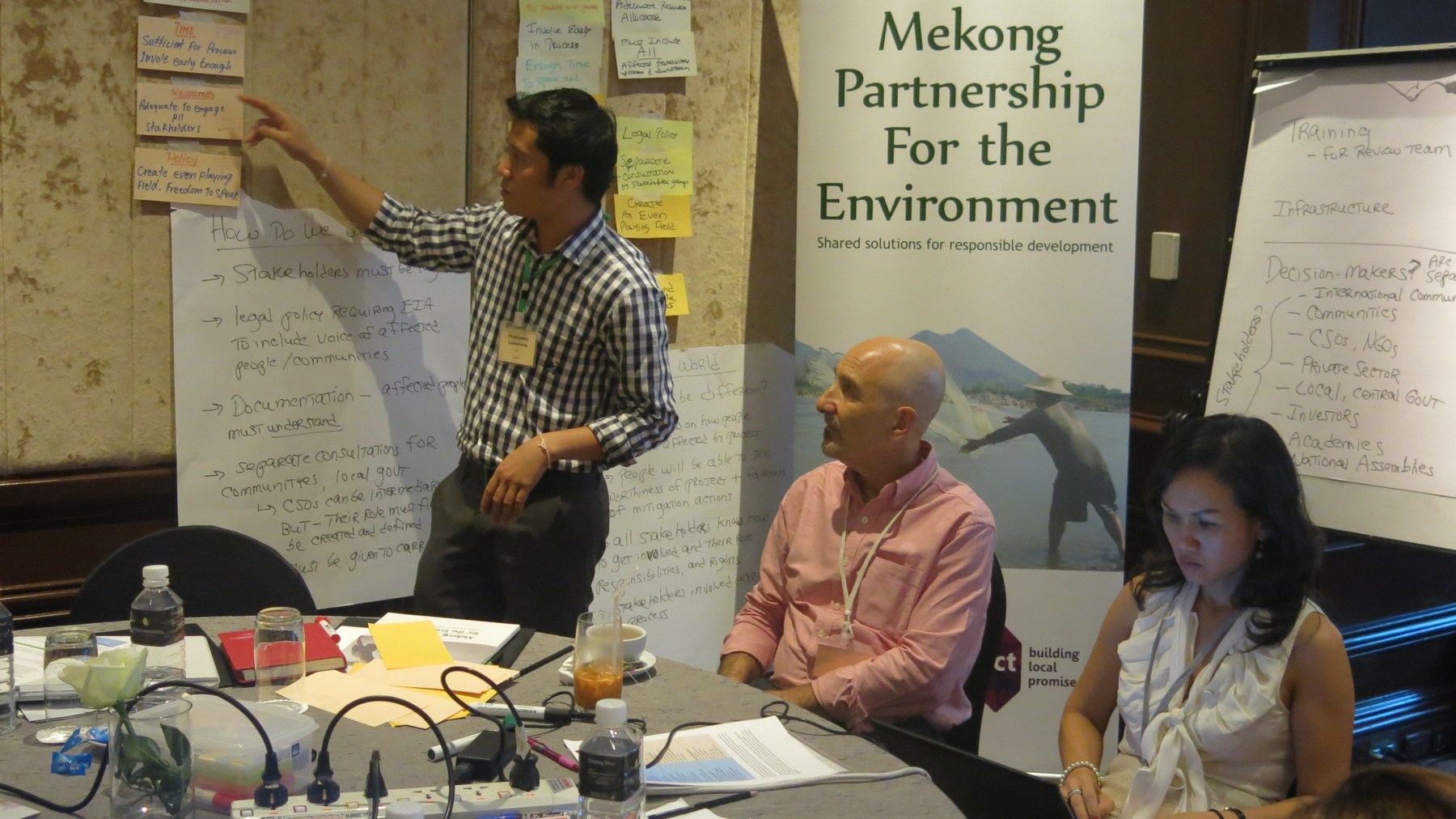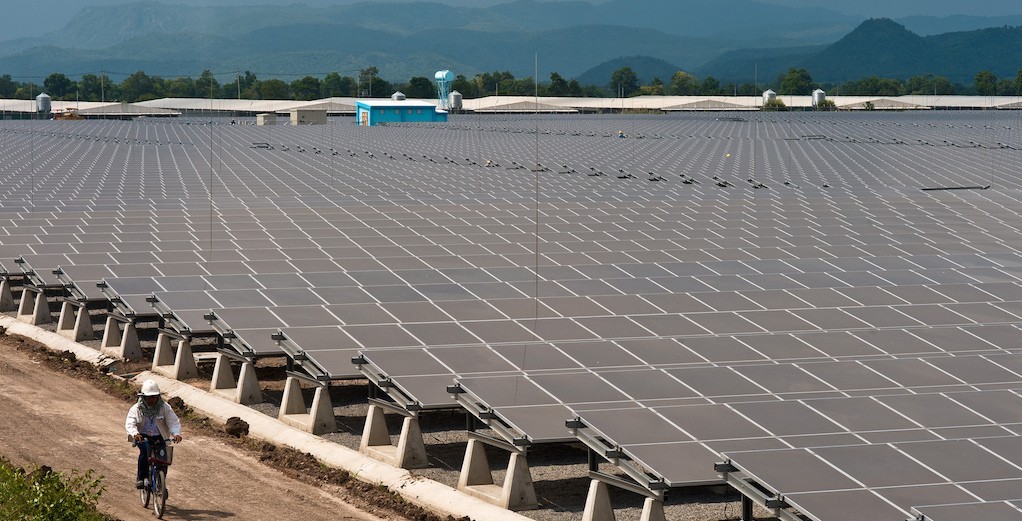Over 300 million people inhabit the Greater Mekong Subregion. For the majority of this population, the river’s vast ecological system is their main market place, since they rely on it for food security, trade, transport, and their livelihoods. As the region’s water resources continue to be developed by the hydropower sector, encouraging sustainable growth is vital. In river basins where multiple projects are planned, companies should consider working together to address the cumulative impacts that are likely to result.
Category: Article
Clean Up Your Act
Government and industry say China is meeting environmental goals. Skeptics say yeah, right.
5 reasons why dolphins should be given ‘human’ rights
As Southeast Asia struggles to save the last of its Mekong River and Irrawaddy Dolphins, some ponder: should these remarkably intelligent animals be given “human” rights?
Southeast Asian Journalists Explore Dams and their Impacts
Hydropower development is racing across Southeast Asia’s Mekong region, and Internews’ Earth Journalism Network (EJN) is helping journalists investigate the costs and benefits for the environment and communities. As part of the USAID-sponsored Mekong Partnership for the Environment (MPE) program, EJN supported 15 journalists to meet researchers, affected communities, Cambodian government officials and local NGOs in a workshop last week, “Understanding Energy: The Benefits and Costs of Hydropower”, focusing on hydropower dams in Cambodia.
INFOGRAPHIC: Taking Action for Inclusive and Sustainable Development in the Greater Mekong Subregion
Cooperation in the Greater Mekong Subregion is helping countries in the area make progress towards the new global Sustainable Development Goals.
Government will cancel land concession agreements if companies do not implement the plan
Yesterday, the Prime Minister of Cambodia has informed Mr. Tan Sri Lim Kok Thay, the CEO of Malaysian company “Genting Group”, that economic land concessions under control of private companies will be returned back to the state if those companies do not implement or follow the Master Plan of development.
People’s demand to cancel PDP 2015 and start a new transparent process
As a result of the recent endorsement of Thailand’s Power Development Plan B.C. 2015-2036 (PDP 2015) which is leading to the construction of power plants with capacity of 57,459 megawatts in the next 20 years signifying the security necessary of the country’s electricity, there were several irregularities found after the examination of the content of the plan. The key concern is that the PDP in 2015 will also lead to the unnecessary construction of the power plant investment. Not only this investment will not be beneficial but will instead incur long-term financial burdens to consumers with more than 6.7 billion baht.
China’s demand for aluminium is poisoning Southeast Asia
Soaring Chinese demand for natural resources is wreaking environmental havoc throughout Southeast Asia. Driven by its internal needs to provide breakneck rates of job creation and economic growth, China’s developmental model has repeatedly abused the fickle regulatory environment of its neighbors to drive its thirst for commodities. It has made it clear that, whoever can provide, it will buy. At the behest of Chinese companies, countries such as Vietnam and Malaysia have rolled out the red carpet, with little regard for their fragile ecosystems.
Government and civil society support strong Environmental Impact Assessments
Government and civil society representatives highlighted the need for strong and inclusive environmental impact assessment (EIA) policies and practices in the Mekong region at a meeting this week in Bangkok, Thailand.
PR: Working toward profitable, responsible investment strategies
This week, regional businesses, financial institutions and civil society organizations from across the Mekong region met to strategize about making investments more sustainable, which reduces risk, saves money and improves their reputations.


